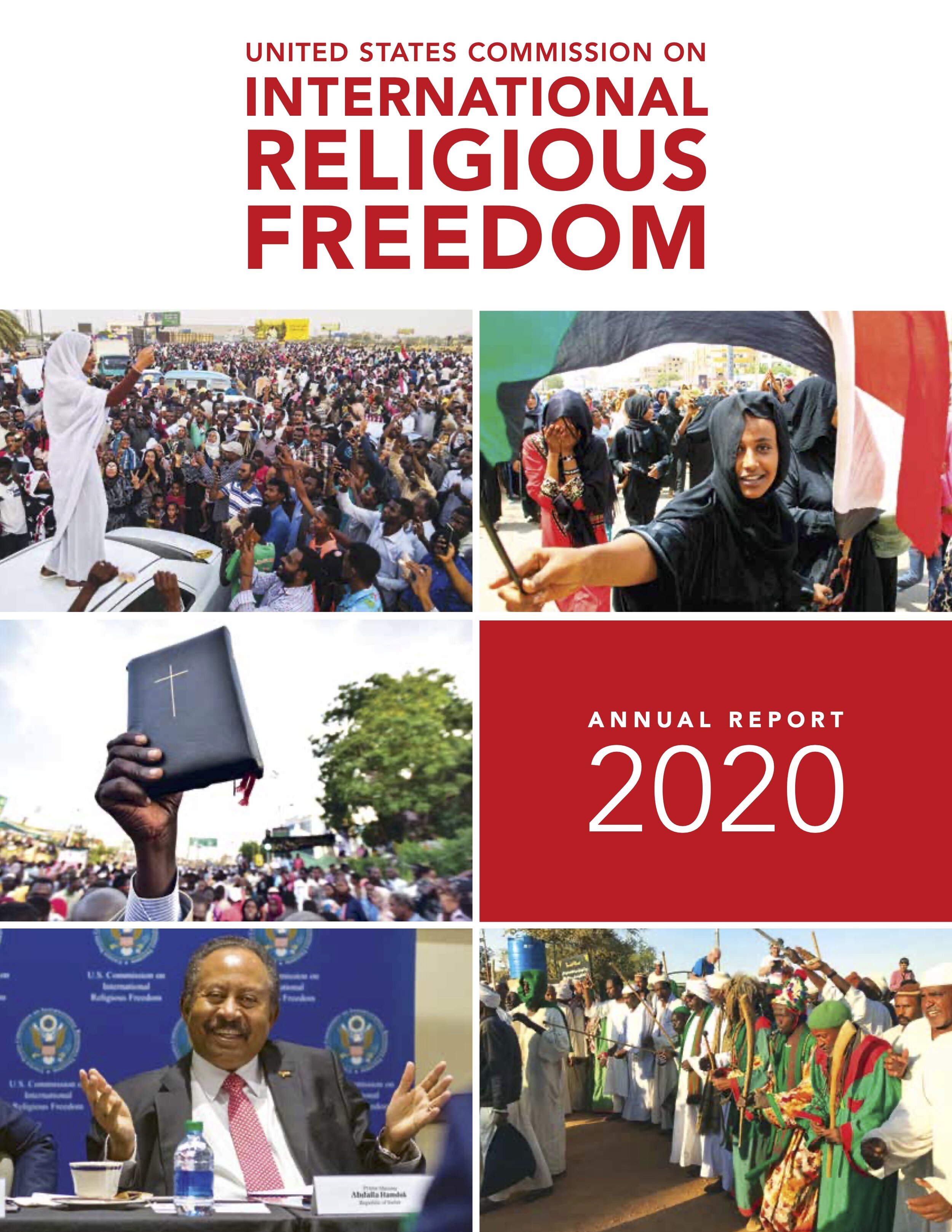The United States Commission on International Religious Freedom (USCIRF) recommended Algeria for Special Watch List status in its 2020 Annual Report on Religious Freedom. The report highlighted the systemic closure of protestant churches in the country, abuse of blasphemy laws, and restrictions on other minorities including the Ahmadi and Shi’a communities.
Algeria is at a critical moment for possible transition. Since February 2019 has been an ongoing widespread protest movement calling for genuine changes to oust corruption and provide a more open and inclusive country for all Algerians, including its religious minorities. A new constitution is being drafted and in December of 2019 a new president was elected for the first time in 20 years.
Despite these positive signs in October 2019, three of Algeria’s largest churches were closed in part of an ongoing pattern of church closures that saw at least a dozen shuttered in a 12 month period, including those associated with the Evangelical Protestant Association of Algeria, an umbrella organization that had been formally approved by the government.
“USCIRF highlighting these religious freedom issues in Algeria is not simply a ‘Name and Shame’ moment, rather it should be seen as providing a roadmap for change. It highlights religious freedom issues in Algeria and signals next steps that could be taken to support a more stable, secure, and flourishing Algeria for all of its citizens,” said Jeremy Barker, Director of RFI’s Middle East Action Team.
On Wednesday, May 6, Jeremy Barker was a panelist for “Algeria on the USCIRF Watchlist — What’s Next?”, a webinar hosted by International Christian Concern to discuss the potential implications of the USCIRF recommendations.
In USCIRF’s annual report, the Commission recommended 29 countries for designation as either Countries of Particular Concern or Special Watch List countries based on the severity of religious freedom violations. The recommendations made by USCIRF are used to inform the Country of Particular Concern designations that are to be made by the Secretary of State. The reports also provide a useful resource for other governments, multilateral organizations, and civil society groups working to advance religious freedom.
THE RFI BLOG

Myths of Religious Nationalism in America and Abroad

France’s Olympic Hijab Ban Violates International Law And Exacerbates Tensions

RFI Briefs USCIRF on Lessons from 25 Years of U.S. Designating Religious Freedom Violators

Thought Police: Protecting the People from Prayer

A Religious “Delaware”: Establishing a State Haven for Religious Corporations
CORNERSTONE FORUM

Challenges to Religious Freedom in Iraq and the Critical Need for Action

Public Bioethics & the Failure of Expressive Individualism

Religious Liberty in American Higher Education

Scotland’s Kate Forbes and the March of Secularism


